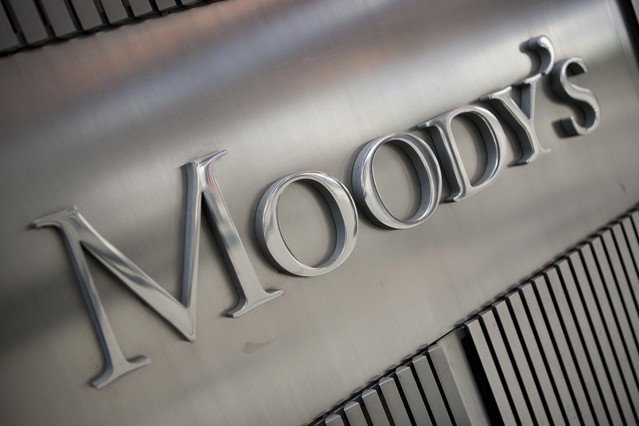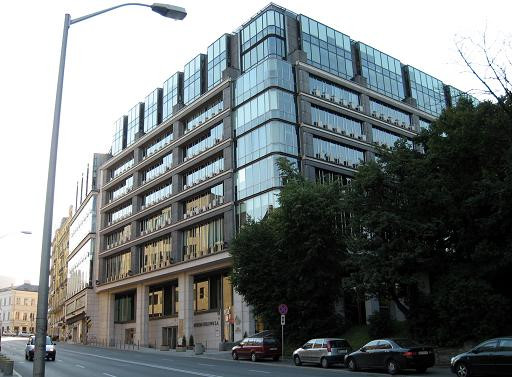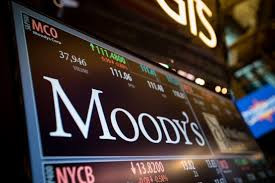IIB’s rating changed to Baa1 by Moody’s in light of deteriorating operating environment, with a stable outlook

Rating agency Moody’s Investors Service yesterday changed the rating of the International Investment Bank from A3 to Baa1 for the first time since its initial assessment of the IIB in August 2014, keeping its outlook at stable. Moody’s cited as the main rationale behind this decision the worsening growth prospects of Russia, downgraded by the agency three times between August and present (October 2014, January 2015 and February 2015; currently at Ba1 with negative outlook), as well as of other countries in which the Bank operates.
The IIB brings together emerging markets of eight countries, which may often experience more significant swings in their economic growth than mature ones. Therefore, they are inherently riskier for financial institutions operating in these territories, including the IIB, which, to a certain extent, depends on their support as shareholders, and whose mission is to promote their economic development. Despite the changes in market circumstances, the Bank has not observed any new deterioration of its loan portfolio and has kept the ratio of non-performing loans well below 10%, owed to the new risk management and credit policies put in place in 2013, focusing on syndicated and intermediated loans with strong partners.
Despite the inevitable impact of sanctions on Russia, the IIB’s largest shareholder, and the growth slowdown in some other member states, the IIB has generally been assessed as an operationally sound institution. The intrinsic features of the Bank have improved greatly since the beginning of its reform in 2012 being as well one of the reasons why the IIB’s rating is not tied to any single rating of its member states.
IIB’s maintained status of the highest-rated financial institution with headquarters in Russia, together with Moody’s decision to keep the stable outlook on its rating, bears testimony to the soundness of the Bank’s operational principles and to its supranational character. The IIB will continue fulfilling its mandate of supporting the economies of its members despite the unfavorable market environment and building a track record of prudential growth and effective risk management.
Nikolay Kosov, Chairman of the Board, commented: «The environment in which the IIB operates will always be challenging, and this stems inherently from the unique composition of our member states, a highly diverse group which we also consider as one of IIB’s key strengths, not least because of opportunities for significant diversification. For us it remains crucial to continue strengthening our operational principles and our institution from inside, and we are committed to stand as a solid anchor for both investors and our member states in any market circumstances.»


